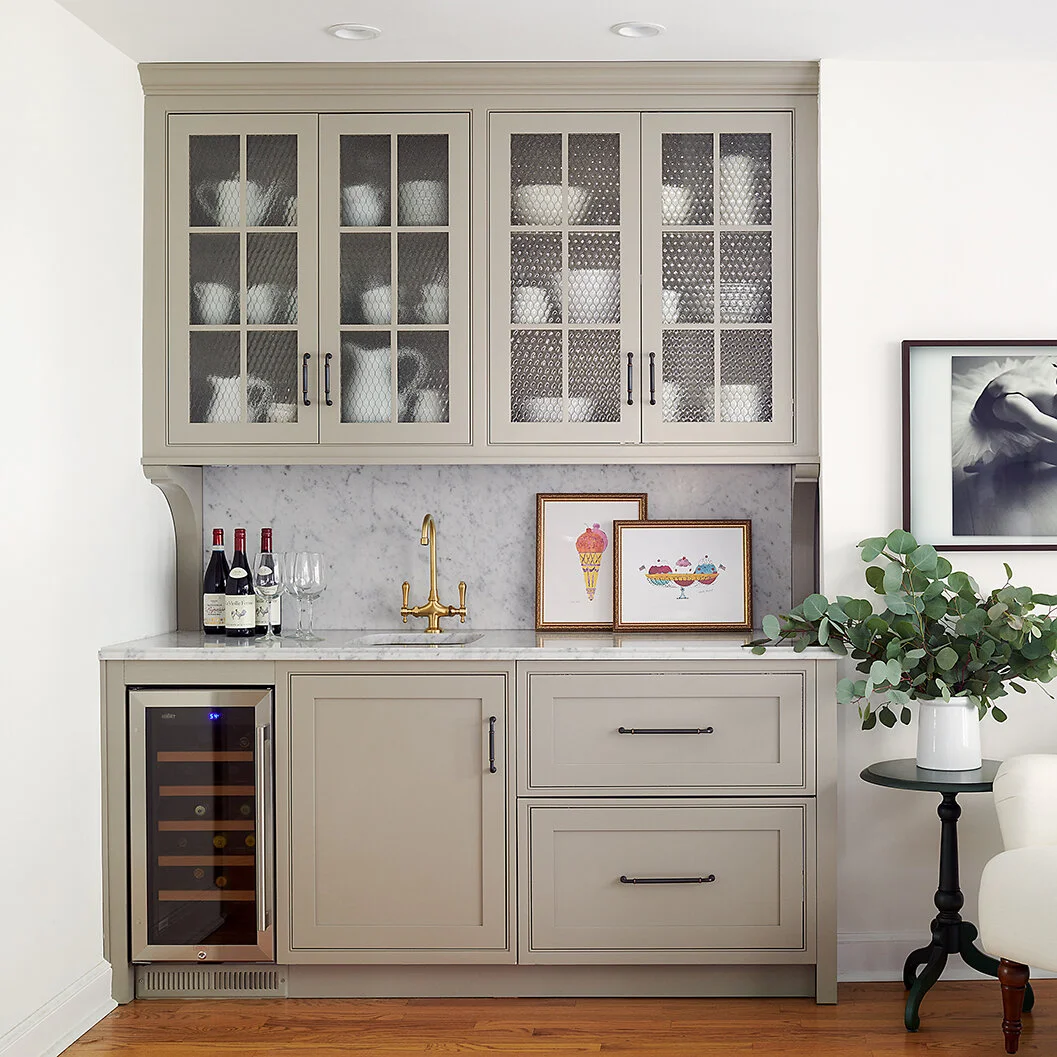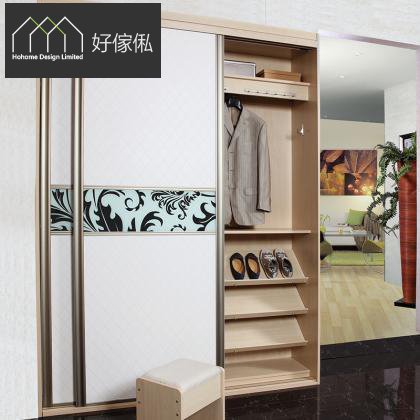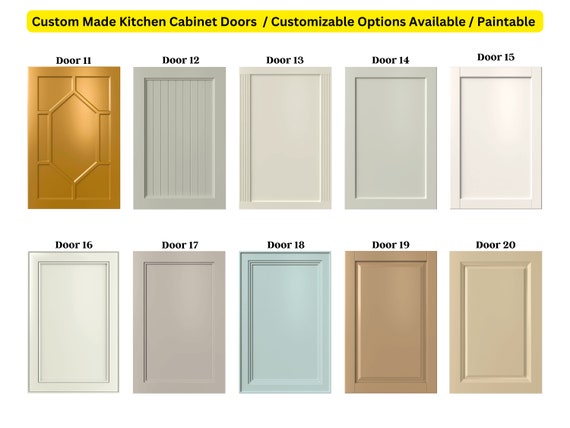All Categories
Featured
The appropriate option of products can substantially influence your gate's looks, sturdiness, and capability. Below's an overview to selecting the finest products for your custom-made entrance gateway.
Wooden gateways radiate warmth and natural appeal, making them a popular choice for rustic and standard designs.
Pros:
Aesthetic Appeal: Offers a traditional, elegant appearance that complements a selection of architectural styles.
Customizable: Can be discolored, painted, or carved to achieve an one-of-a-kind style.
Eco-Friendly: Sustainable options like redeemed timber minimize ecological impact.
Disadvantages:
Upkeep: Calls for routine sealing or staining to secure versus weather condition and insects.
Longevity: May warp, crack, or rot over time without proper treatment.
![]()
Metal gateways are celebrated for their durability and ability to accommodate elaborate styles.
Pros:
Sturdiness: Immune to deterioration, making it suitable for high-traffic areas.
![]()
Design Versatility: Appropriate for both traditional wrought iron styles and contemporary, sleek layouts.
Low Upkeep: Needs marginal maintenance with proper coatings to stop corrosion.
Cons:
Expense: High-quality steels like functioned iron or stainless steel can be expensive.
Warm Retention: May end up being hot to the touch in straight sunlight.
Aluminum is a cost-effective choice to much heavier steels, supplying a modern-day look with low maintenance.
Pros:
Corrosion-Resistant: Perfect for locations with high moisture or seaside environments.
Lightweight: Easier to operate and mount compared to various other steels.
Inexpensive: Provides a streamlined check out a lower price.
![]()
Cons:
Toughness: Less resilient than much heavier steels like steel or iron.
Minimal Personalization: Not as functional for elaborate layouts.
Plastic gateways are recognized for their cost and convenience of upkeep, making them a sensible choice for numerous homeowners.
Pros:
Reduced Maintenance: Immune to weather, parasites, and UV rays.
Cost-Effective: Cost effective upfront and over time as a result of marginal maintenance.
Range: Available in a range of designs and colors.
Cons:
Resilience: Much less durable than wood or steel and can split in extreme temperature levels.
Look: Does not have the natural appearance of timber or the class of metal.
Compound gates incorporate wood fibers with plastic or material to produce a attractive and durable alternative.
Pros:
Resilience: Immune to rot, bending, and insects.
Low Maintenance: Doesn't require painting or discoloration.
Eco-Friendly: Usually made from recycled products.
Cons:
Cost: More expensive than traditional wood or vinyl.
Look: May do not have the authenticity of all-natural timber.
When Deciding On Products,Trick Factors To Consider.
Environment: Consider just how the product will certainly do in your local climate conditions. For instance, metal is perfect for longevity, while vinyl functions well in humid settings.
Upkeep: Pick a product that fits your way of life and willingness to maintain it with time.
Style: Ensure the product lines up with your home's building style and personal preference.
Budget: Factor in both upfront prices and long-lasting expenditures for repair and maintenance.
Final Ideas
Choosing the right product for your customized entrance gateway is a critical step in creating a visually attractive and functional entry to your home. Whether you focus on the classic beauty of wood, the strength of metal, or the usefulness of vinyl, there's a product to match your demands. By stabilizing appearances, longevity, and cost, you can design a personalized gate that boosts your home's aesthetic allure while standing the examination of time.
- Wood: Timeless Elegance
Wooden gateways radiate warmth and natural appeal, making them a popular choice for rustic and standard designs.
Pros:
Aesthetic Appeal: Offers a traditional, elegant appearance that complements a selection of architectural styles.
Customizable: Can be discolored, painted, or carved to achieve an one-of-a-kind style.
Eco-Friendly: Sustainable options like redeemed timber minimize ecological impact.
Disadvantages:
Upkeep: Calls for routine sealing or staining to secure versus weather condition and insects.
Longevity: May warp, crack, or rot over time without proper treatment.
- Steel: Toughness and Versatility

Metal gateways are celebrated for their durability and ability to accommodate elaborate styles.
Pros:
Sturdiness: Immune to deterioration, making it suitable for high-traffic areas.

Design Versatility: Appropriate for both traditional wrought iron styles and contemporary, sleek layouts.
Low Upkeep: Needs marginal maintenance with proper coatings to stop corrosion.
Cons:
Expense: High-quality steels like functioned iron or stainless steel can be expensive.
Warm Retention: May end up being hot to the touch in straight sunlight.
- Light weight aluminum: Lightweight and Economical
Aluminum is a cost-effective choice to much heavier steels, supplying a modern-day look with low maintenance.
Pros:
Corrosion-Resistant: Perfect for locations with high moisture or seaside environments.
Lightweight: Easier to operate and mount compared to various other steels.
Inexpensive: Provides a streamlined check out a lower price.

Cons:
Toughness: Less resilient than much heavier steels like steel or iron.
Minimal Personalization: Not as functional for elaborate layouts.
- Plastic: Practical and Budget-Friendly
Plastic gateways are recognized for their cost and convenience of upkeep, making them a sensible choice for numerous homeowners.
Pros:
Reduced Maintenance: Immune to weather, parasites, and UV rays.
Cost-Effective: Cost effective upfront and over time as a result of marginal maintenance.
Range: Available in a range of designs and colors.
Cons:
Resilience: Much less durable than wood or steel and can split in extreme temperature levels.
Look: Does not have the natural appearance of timber or the class of metal.
- Composite Products: The Best of Both Globes
Compound gates incorporate wood fibers with plastic or material to produce a attractive and durable alternative.
Pros:
Resilience: Immune to rot, bending, and insects.
Low Maintenance: Doesn't require painting or discoloration.
Eco-Friendly: Usually made from recycled products.
Cons:
Cost: More expensive than traditional wood or vinyl.
Look: May do not have the authenticity of all-natural timber.
When Deciding On Products,Trick Factors To Consider.
Environment: Consider just how the product will certainly do in your local climate conditions. For instance, metal is perfect for longevity, while vinyl functions well in humid settings.
Upkeep: Pick a product that fits your way of life and willingness to maintain it with time.
Style: Ensure the product lines up with your home's building style and personal preference.
Budget: Factor in both upfront prices and long-lasting expenditures for repair and maintenance.
Final Ideas
Choosing the right product for your customized entrance gateway is a critical step in creating a visually attractive and functional entry to your home. Whether you focus on the classic beauty of wood, the strength of metal, or the usefulness of vinyl, there's a product to match your demands. By stabilizing appearances, longevity, and cost, you can design a personalized gate that boosts your home's aesthetic allure while standing the examination of time.
Latest Posts
Find Out Why Chicago Drivers Select Montclare Auto Repair for Reliable Service and Significant Savings
Published May 26, 25
1 min read
Uncover Premier Auto Repair Care offered by Montclare Auto Repair – Keep Your Car Running Smoothly
Published May 24, 25
1 min read
Discover Reduce Expenses on Car Maintenance with Montclare Auto Repair’s Limited-Time Deals
Published May 23, 25
1 min read
More
Latest Posts
Find Out Why Chicago Drivers Select Montclare Auto Repair for Reliable Service and Significant Savings
Published May 26, 25
1 min read
Uncover Premier Auto Repair Care offered by Montclare Auto Repair – Keep Your Car Running Smoothly
Published May 24, 25
1 min read
Discover Reduce Expenses on Car Maintenance with Montclare Auto Repair’s Limited-Time Deals
Published May 23, 25
1 min read